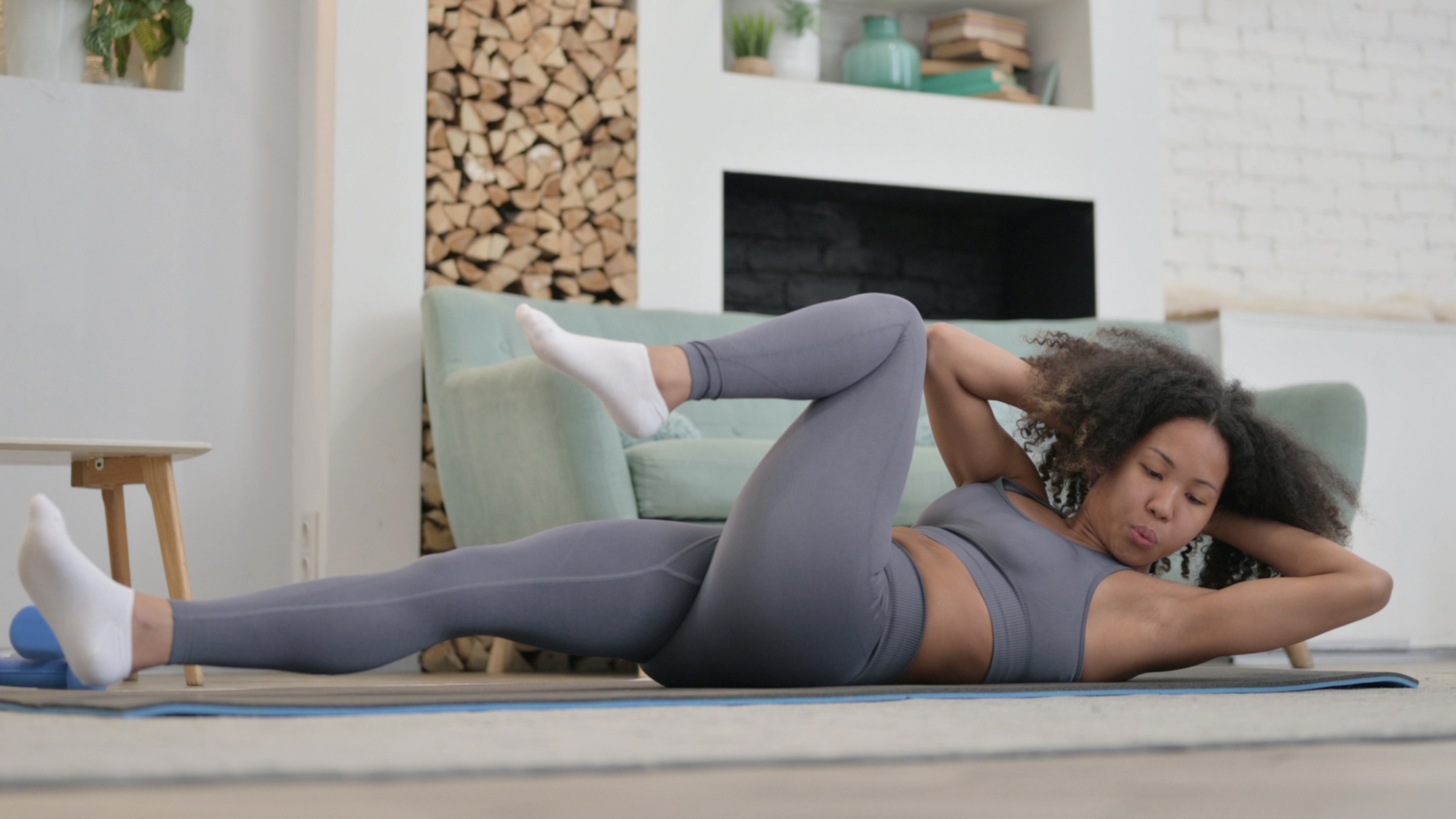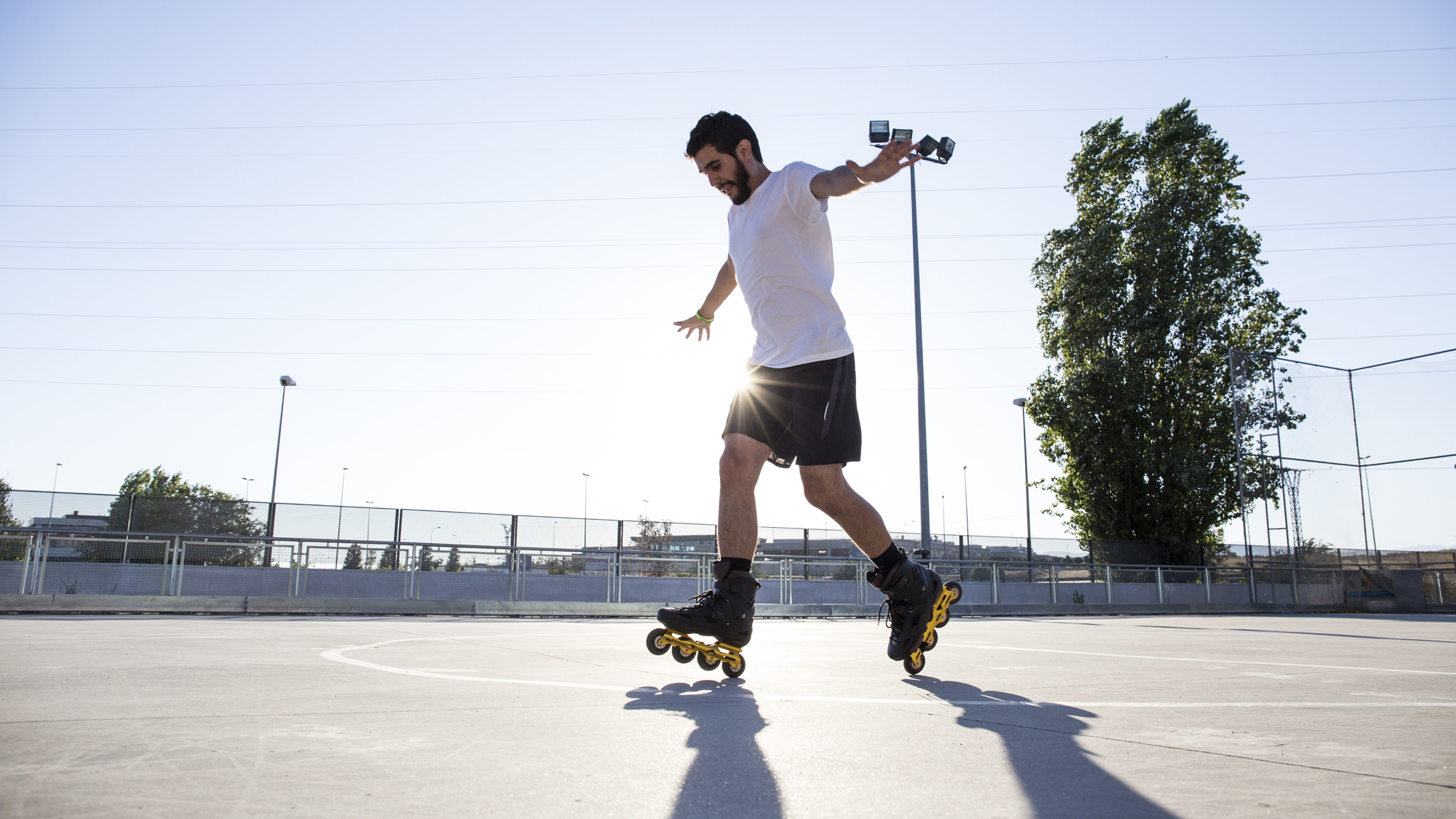Why Pilates is actually better for sleep than HIIT workouts
Switching intense training for moderate exercise could be the secret to high-quality rest


For many of us, it's practical to exercise in the evenings. But there's a lot to squeeze into your post-work hours, like eating dinner, socializing, and getting some high-quality rest.
If you've been using one of the best fitness trackers to monitor your wellbeing, you may have already made changes to improve your sleep. But there could be an essential factor left to consider; your workout.
According to a review of published research, how you train may influence how you sleep later on. The authors analyzed 14 studies from between 2010 and 2018 to make a surprising discovery.
To most people, it would make sense to train hard to tire yourself out or to take a calming yoga class to get a restful night. But the review suggests that moderate exercise like Pilates is actually best.
The studies in the review didn't only encourage exercise in the evening to get these effects. One of the papers found that walking an extra 500 steps per week improved sleep quality for menopausal women.
There was also evidence that walking was an effective way for all ages to get better rest overnight. There were also improvements following more active pastimes like roller skating, basketball, and running.

However, Pilats was conclusively the most effective way to get better sleep. In one study, researchers found that a 30-minute Pilates workout "showed a significant improvement in subjective sleep quality."
Start your week with achievable workout ideas, health tips and wellbeing advice in your inbox.
Pilates and yoga are similar practices to many people, but there are a few key differences. Both help you focus on the connection between your mind and body, but the methods they use are different.
Yoga is typically more focused on improving flexibility, while Pilates targets your core. Similarly, Pilates classes are generally more active, though you can find intense yoga sessions and calmer Pilates routines.
This beginner Pilates flow workout is an ideal option if you're unsure where to start. To get you used to the practice, it is slower and more focused on your breath than most classes.
Over time, you might choose to add accessories like a yoga block of the best resistance bands, but Pilates is generally an equipment-free way to train so that you can do it anywhere, at any time.
The only thing you need is one of the best yoga mats. These prevent your knees or arms from leaning directly on the floor for a more comfortable experience. Many of these great mats have non-slip surfaces too.

James is a London-based journalist and Fitness Editor at Fit&Well. He has over five years experience in fitness tech, including time spent as the Buyer’s Guide Editor and Staff Writer at technology publication MakeUseOf. In 2014 he was diagnosed with a chronic health condition, which spurred his interest in health, fitness, and lifestyle management.
In the years since, he has become a devoted meditator, experimented with workout styles and exercises, and used various gadgets to monitor his health. In recent times, James has been absorbed by the intersection between mental health, fitness, sustainability, and environmentalism. When not concerning himself with health and technology, James can be found excitedly checking out each week’s New Music Friday releases.